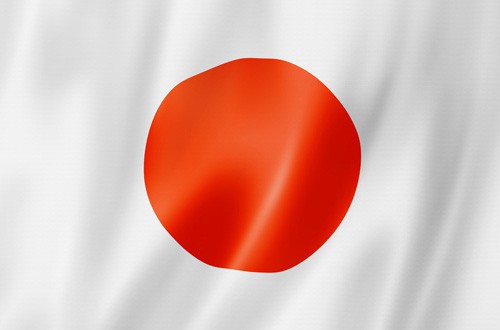
Teva and Takeda have officially launched their Japanese joint venture and named Hiroshi Matsumori as its chief executive.
Teva and Takeda first announced their intention to set up the JV last November, saying at the time it would tap into the “growing importance of generic medicines” in the country.
The new entity will sell Teva’s portfolio of generic medicines as well as some Takeda products and extends an existing partnership between the two companies for branded products, including Teva’s multiple sclerosis therapy Copaxone (glatiramer acetate).
Teva will have a 51% stake in the new company with Takeda owning the remaining 49%, according to the two firms. It will initially operate as Teva Takeda Yakuhin but will change its name later this year to Teva Takeda Pharma.
The JV will operate independently of its parents and will combine Teva’s huge portfolio of generics – bolstered by its $40.5bn deal to buy Allergan’s generics business – with Takeda’s strong brand recognition in Japan.
Teva’s global generic medicines head Siggi Olafsson said in a statement: “Japan is one of the fastest growing generics markets in the world.
“We expect its high growth to continue to be driven by social requirements such as increased patients’ needs for a stable supply of affordable high quality medicines and reduction of healthcare expenditures.”
The company has previously highlighted its intention to expand its global presence in the fiercely contested generics sector, particularly in emerging markets such as China and Brazil. Now it has significantly boosted its position in Japan, the world’s second-largest pharma market.
The market share of generic drugs in Japan’s $95bn pharma market is expected to grow sharply, thanks to government incentives to boost the use of cheaper off-patent drugs in the healthcare system, according to BMI Research.
The Japanese government has pledged to achieve 80% generic penetration by the end of fiscal year 2020.
At the same time, Japan’s domestic drugmakers are seeing revenues from older (long-listed) products come under increasing pressure.
Towards the end of last year, the government announced a re-pricing rule – due to be implemented this month – that could see price cuts of 25-50% for long-listed drugs, to the consternation of the Japan Pharmaceutical Manufacturers Association (JPMA).
Japan’s Ministry of Finance has predicted that the drug price cuts will save a total of JPY 174bn ($1.4bn) in expenditures, says BMI.




